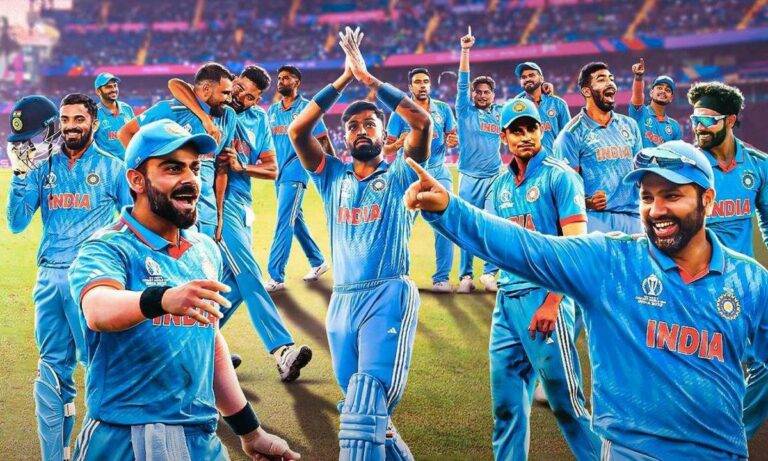The Role of Player Rest and Recovery in Cricket Tours: Allpanel login, Mahadev online book, Cricket online id
allpanel login, mahadev online book, cricket online id: In the fast-paced world of professional cricket, player rest and recovery are essential components of ensuring optimal performance on tours. Cricket tours can be grueling, with players facing long hours of travel, back-to-back matches, and minimal time for recuperation. In this article, we explore the vital role that player rest and recovery play in the success of cricket tours.
Pre-Tour Preparation:
Before embarking on a cricket tour, players undergo rigorous training sessions to prepare themselves physically and mentally for the challenges ahead. This includes focusing on fitness, skill development, and strategic planning. However, adequate rest is equally important during this preparation phase to ensure that players enter the tour in peak condition.
During the Tour:
Once the tour begins, players are constantly under pressure to perform at their best, often playing multiple matches within a short period. It is during these high-intensity periods that rest and recovery become crucial. In between matches, players need time to recuperate, both physically and mentally, to avoid burnout and injuries.
The Role of Sleep:
One of the most important aspects of player rest and recovery is sleep. Adequate and quality sleep is vital for the body to repair and rejuvenate itself. Cricket tours can disrupt players’ sleep schedules due to different time zones, late-night matches, and irregular routines. Coaches and support staff must prioritize creating conducive environments for players to get the rest they need.
Nutrition and Hydration:
Proper nutrition and hydration are also key components of player recovery. During tours, players often face challenges in maintaining healthy eating habits and staying hydrated. It is essential for teams to have nutritionists and support staff to ensure that players are fueling their bodies appropriately to recover effectively between matches.
Injury Management:
Injuries are a common occurrence in cricket due to the physical demands of the sport. Managing injuries promptly and effectively is crucial to prevent them from escalating and impacting a player’s performance on tour. Rest and rehabilitation are essential components of the injury recovery process, and teams must have a comprehensive approach to injury management.
Mental Wellbeing:
In addition to physical rest, mental rest and rejuvenation are equally important for players on tour. The pressure of competition, scrutiny from fans and media, and time away from loved ones can take a toll on players’ mental health. Providing opportunities for relaxation, mindfulness, and mental health support can help players perform at their best.
FAQs:
Q: How can teams balance the need for rest with the demands of a busy cricket tour schedule?
A: Teams must prioritize player well-being and recovery, scheduling rest days, managing workload, and providing support services to help players recuperate effectively.
Q: What are some effective strategies for improving sleep quality on cricket tours?
A: Creating a sleep-friendly environment, establishing bedtime routines, minimizing screen time before bed, and addressing jet lag are key strategies for improving sleep quality on tours.
Q: How can players maintain healthy eating habits and stay hydrated while on tour?
A: Teams should provide access to nutritious meals and snacks, educate players on proper hydration, and have support staff to monitor players’ nutrition and hydration levels throughout the tour.
Q: What role do sports psychologists play in supporting player rest and recovery on cricket tours?
A: Sports psychologists can provide mental health support, stress management techniques, and strategies for maintaining focus and resilience during high-pressure situations on tour.
In conclusion, player rest and recovery are essential components of cricket tours, ensuring that players can perform at their best throughout the demanding schedule. By prioritizing rest, nutrition, injury management, mental wellbeing, and sleep, teams can maximize player performance and success on tour.







